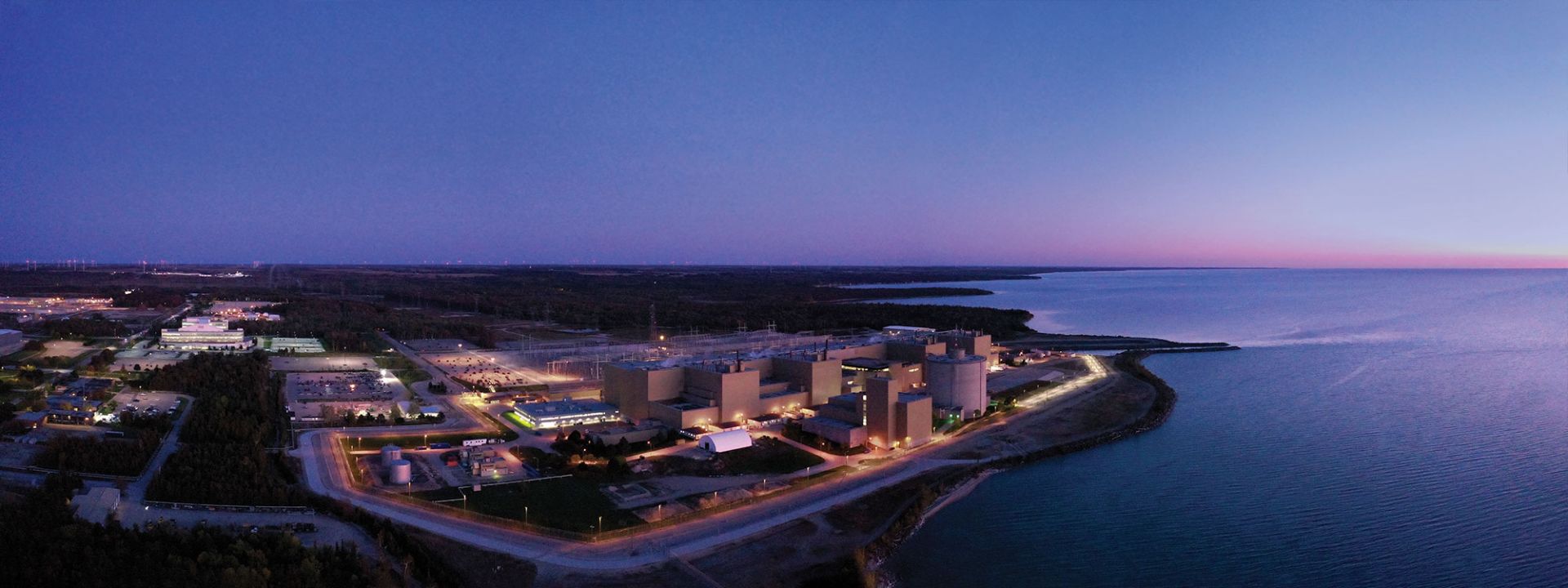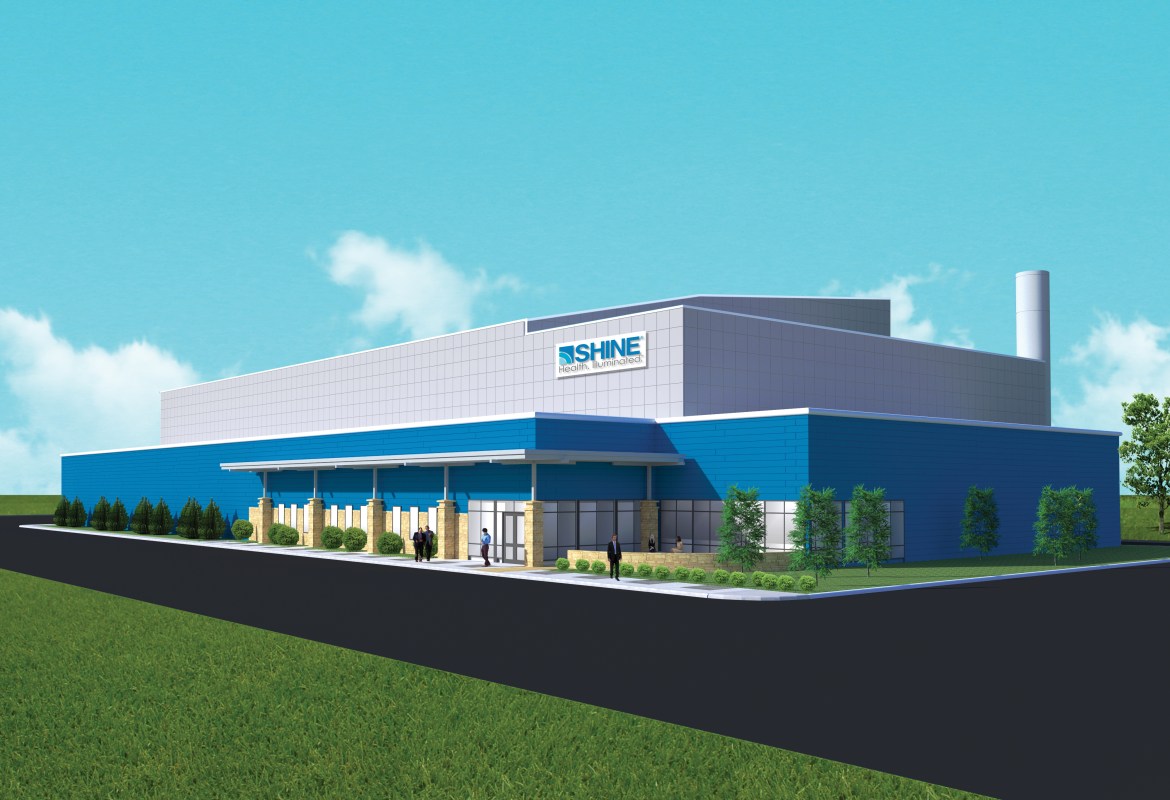Bernard Fontana (left) of Framatome and Cosmin Ghiță of Nuclearelectrica. (Photo: Framatome)
Framatome and SN Nuclearelectrica, a partially state-owned Romanian nuclear energy company, have entered into a long-term cooperation agreement to produce the medical isotope lutetium-177 at Cernavoda nuclear power plant in Romania. Lu-177 is a beta-emitting radioisotope used in targeted radionuclide therapy for the treatment of neuroendocrine tumors and prostate cancer.
Catherine Cornand of Framatome and Chang Hee-Seung of KHNP (center) with Framatome and KHNP employees following the signing of the MOU. (Photo: Framatome)
Framatome and Korea Hydro & Nuclear Power (KHNP) have announced the signing of a memorandum of understanding to explore the possibility of producing the medical isotope lutetium-177 at KHNP’s Wolsong nuclear power plant in South Korea. The companies also will investigate the feasibility of using the plant to support Korean production of medical radioisotopes in the future.
A vial of Ac-225 produced by Niowave stands next to its lead shipping pig. (Photo: Niowave)
According to the Council on Radionuclides and Radiopharmaceuticals, more than 82,000 nuclear imaging procedures using nuclear medicine are performed throughout the world every day. To administer these vital medical procedures, radiopharmaceutical companies and hospitals rely on a handful of producers of medical radioisotopes.
Bavarian minister of state Florian Herrmann (left) with ITM CEO Steffen Schuster (right) and others at a mock-up Lu-177 hot cell. (Photo: ITM)
Radiopharmaceutical biotech company ITM Isotope Technologies Munich announced it has received regulatory approval to begin production of the medical radioisotope lutetium-177 at the company’s NOVA facility in Neufahrn, near Munich, Germany.
Framatome CEO Bernard Fontana (left) and Teodor Chirica, Nuclearelectrica board president, shake hands following the signing of the Lu-177 MOU in Paris. (Photo: Framatome)
Framatome and Nuclearelectrica, operator of Romania’s Cernavoda nuclear power plant, announced the signing of a memorandum of understanding to explore the possibility of producing the medical isotope lutetium-177. The cooperative agreement was signed during the World Nuclear Exhibition 2023, held November 28–30 in Paris.
Bruce Power and Nordion will increase Co-60 production at the Bruce nuclear power plant in Ontario. (Photo: Bruce Power)
Bruce Power, the utility in Ontario, Canada, and health-care company Nordion announced that they are working to increase the production of cobalt-60 to meet increasing world market demands. The companies said they will increase the amount of Co-60 Bruce Power is able to produce in its reactors “by innovating a new adjuster component configuration.”
SHINE Technologies founder and CEO Greg Piefer shows the hot cell banks that will be used to produce Lu-177. (Image: SHINE)
Fusion tech company SHINE Technologies announced that it is opening the largest facility in North America dedicated to the production of non-carrier-added lutetium-177, a medical isotope used in targeted cancer therapies.
Situated in a 30-foot-deep pool, the 10 MW core of MURR is used to irradiate samples and produce isotopes for medical radiopharmaceuticals and research. (Photo: University of Missouri)
The University of Missouri intends to build a new, larger research reactor to produce medical radioisotopes, announcing that it intends to issue a request for qualification/request for proposal (RFQ/RFP) in April to solicit interest from qualified parties to provide preliminary designs and industry partnerships for the new reactor project, called NextGen MURR.
SHINE’s Chrysalis production building, under construction in October 2022. (Photo: SHINE)
The Nuclear Regulatory Commission has issued the final supplemental environmental impact statement (EIS) for SHINE Technology’s application for a license to operate a medical isotope production facility in Janesville, Wis.
SHINE’s isotope production building, called the Chrysalis, under construction in October 2022.
In a former farm field just outside the historic town of Janesville in south-central Wisconsin, a large concrete-and-steel building is taking shape. Dubbed the Chrysalis, the building will eventually house eight accelerator-based neutron generators, which start-up company SHINE Technologies will use to produce molybdenum-99. As the precursor to the medical radioisotope technetium-99m, Mo-99 is used in tens of millions of diagnostic procedures every year, primarily as a radioactive tracer.
At the heart of the Chrysalis will be the high-flux neutron generators, being supplied by SHINE’s sister company, Phoenix. The compact accelerators use a deuterium-tritium fusion process to produce neutrons, which in turn induce a subcritical fission reaction in an aqueous low-enriched uranium target (19.75 percent uranium-235) to produce Mo-99.
Bruce's Unit 7 is now producing Lutetium-177, used in targeted cancer therapeutics. (Photo: Bruce Power)
An international collaboration between Bruce Power, Isogen (a Kinectrics and Framatome company), and ITM Isotope Technologies Munich SE (ITM) announced they have begun commercial production of lutetium-177 using Unit 7 of the Bruce nuclear power plant in Kincardine, Ontario. According to the companies, this marks the first time a commercial power reactor has been used to commercially produce short-lived medical radioisotopes.
A rendering of the SHINE medical isotope production facility planned for construction in Veendam, the Netherlands. (Image: SHINE)
SHINE Europe, a subsidiary of Wisconsin-based SHINE Technologies, will work with the Netherlands’ University Medical Center Groningen (UMCG) and Delft University of Technology (TU Delft) to produce a variety of terbium isotopes for use in nuclear medicine under a grant proposal approved by the Dutch government on October 17.



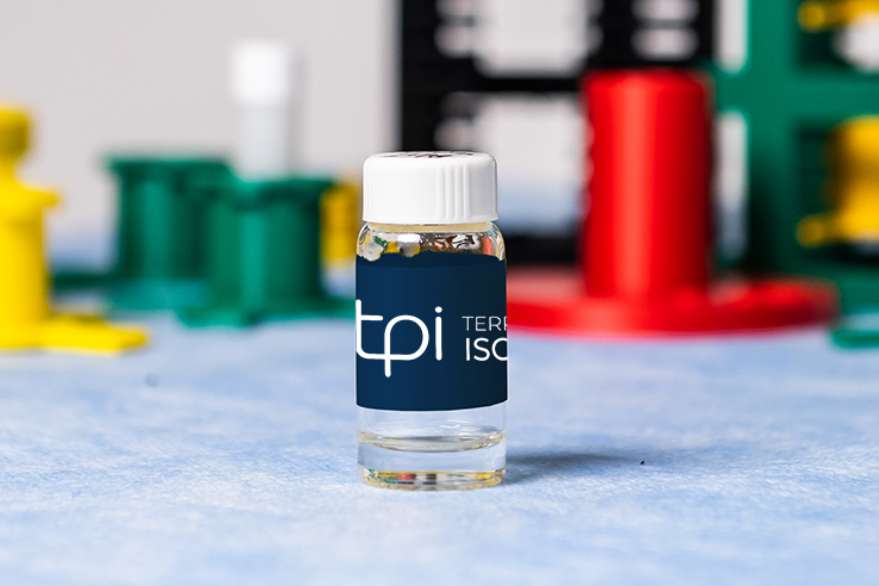
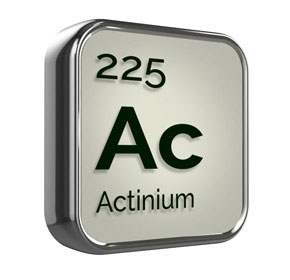 QSA Global, a provider of radioisotope products, and Niowave, a Michigan-based producer of medical radioisotopes, announced that the companies will codevelop a scalable radium purification process using Niowave’s radium-226 processing technology to meet the demand for actinium-225, an alpha-emitter used in the treatment of cancer. According to the companies, the strategic partnership marks a significant advancement in the field of radiopharmaceutical technology, enhancing the supply chain for critical radioisotopes, including Ac-225.
QSA Global, a provider of radioisotope products, and Niowave, a Michigan-based producer of medical radioisotopes, announced that the companies will codevelop a scalable radium purification process using Niowave’s radium-226 processing technology to meet the demand for actinium-225, an alpha-emitter used in the treatment of cancer. According to the companies, the strategic partnership marks a significant advancement in the field of radiopharmaceutical technology, enhancing the supply chain for critical radioisotopes, including Ac-225.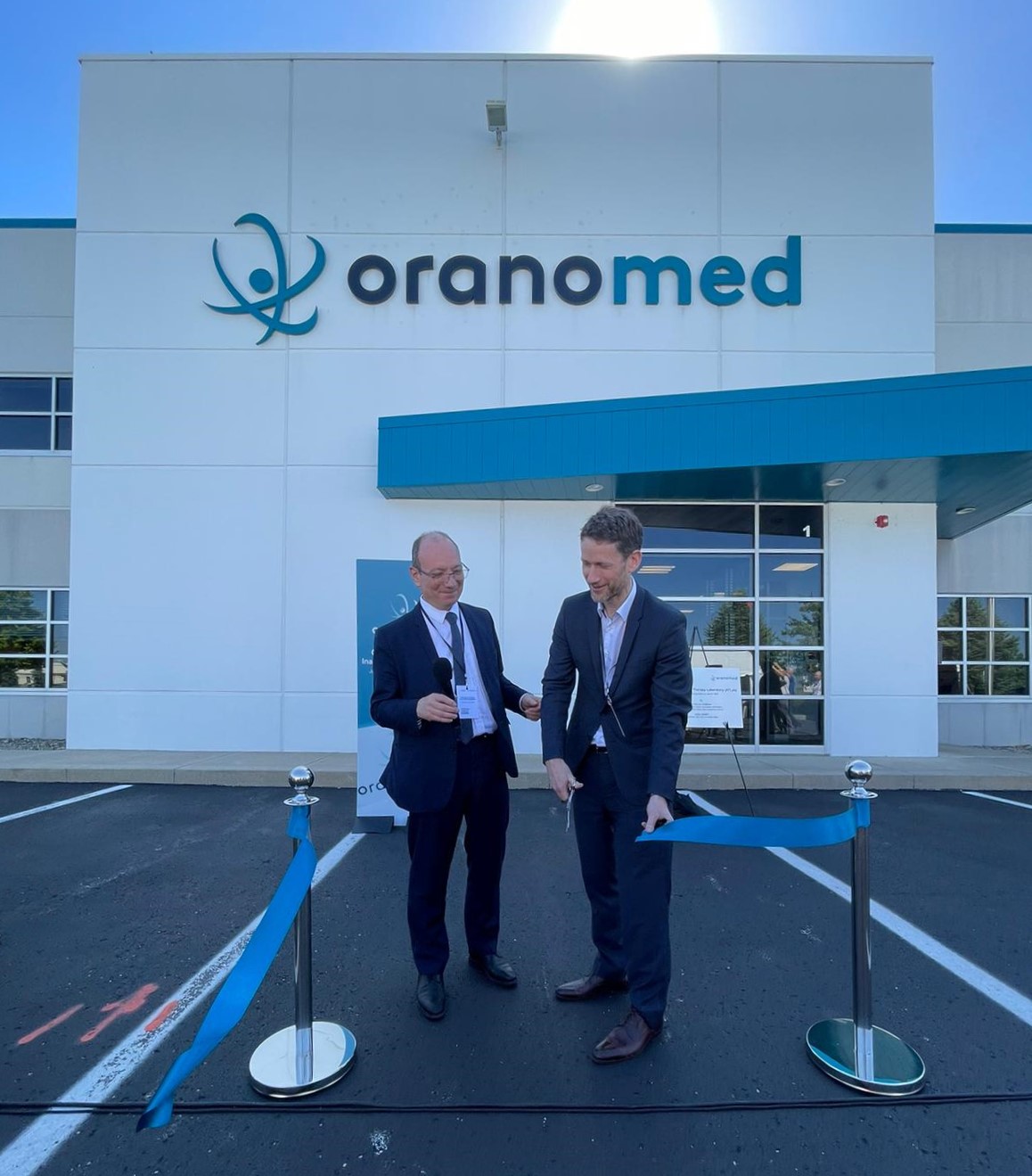
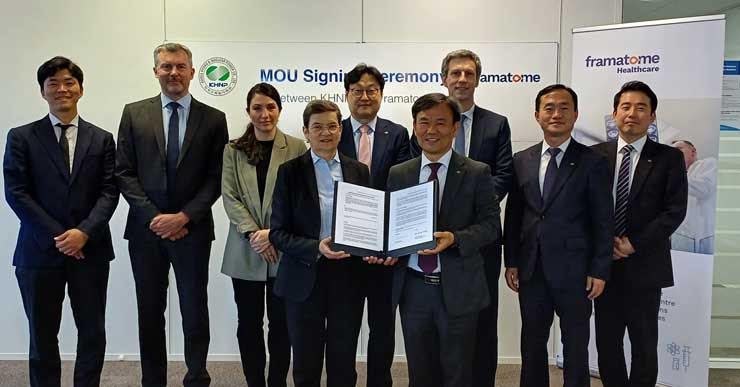
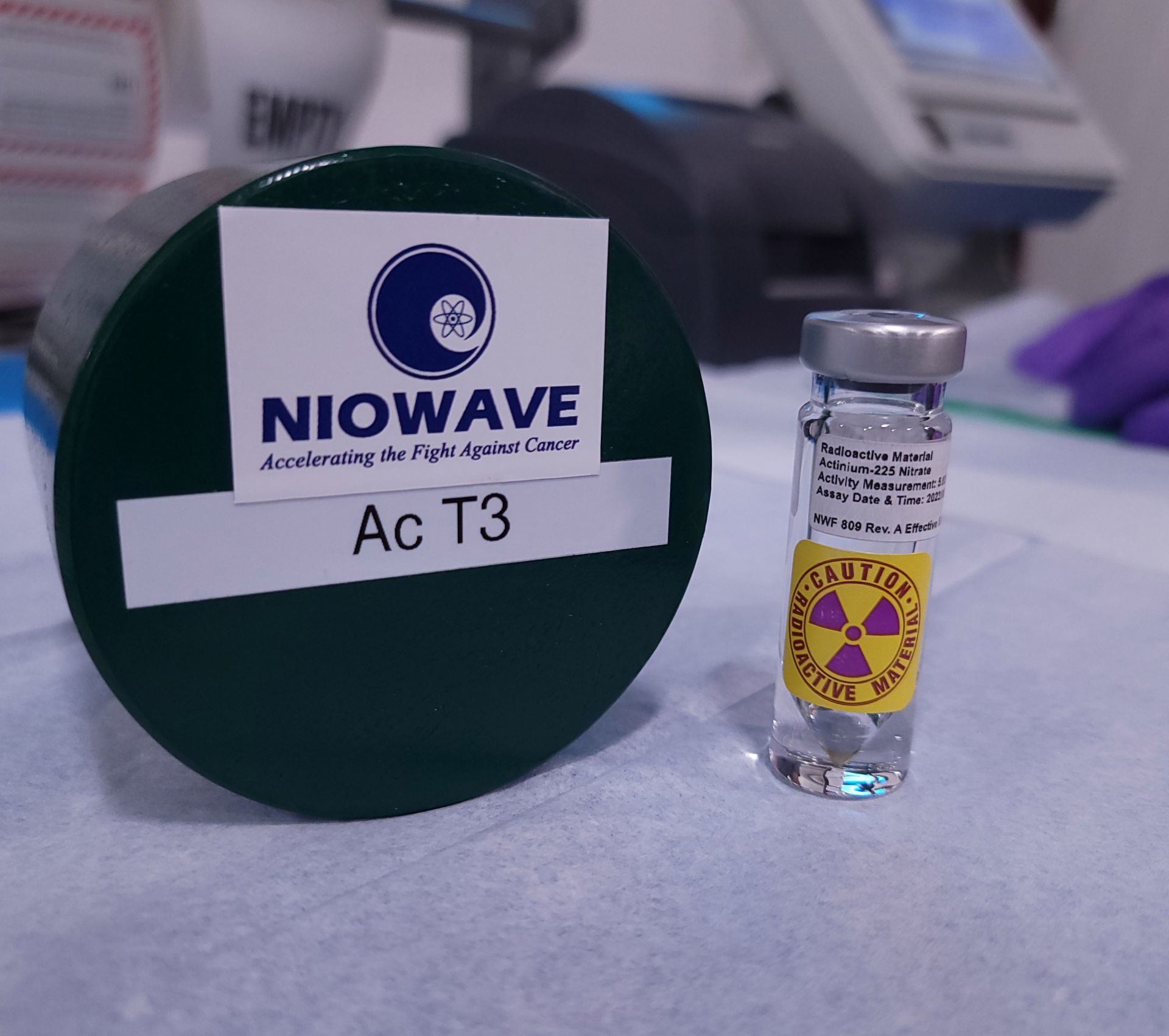
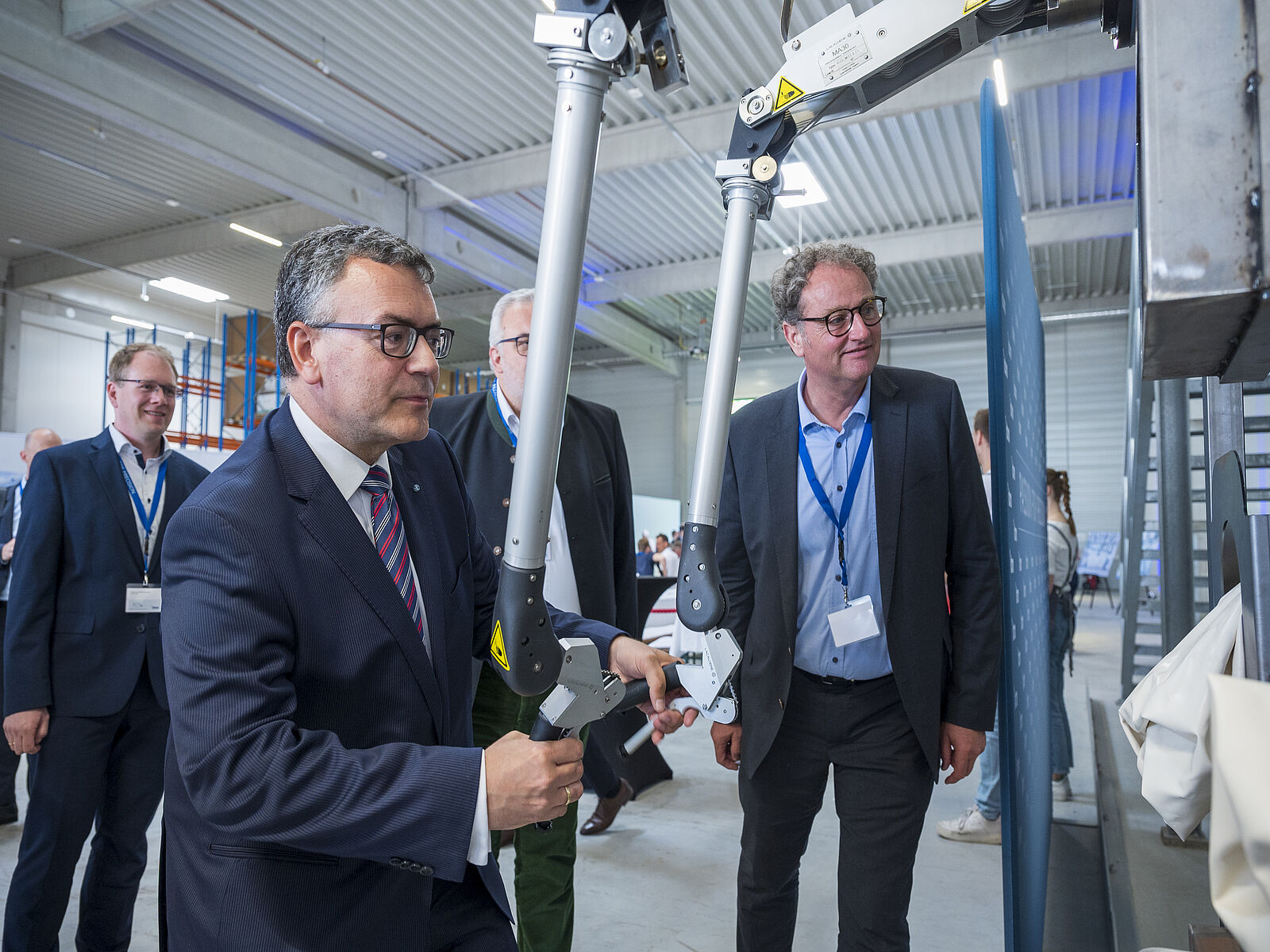



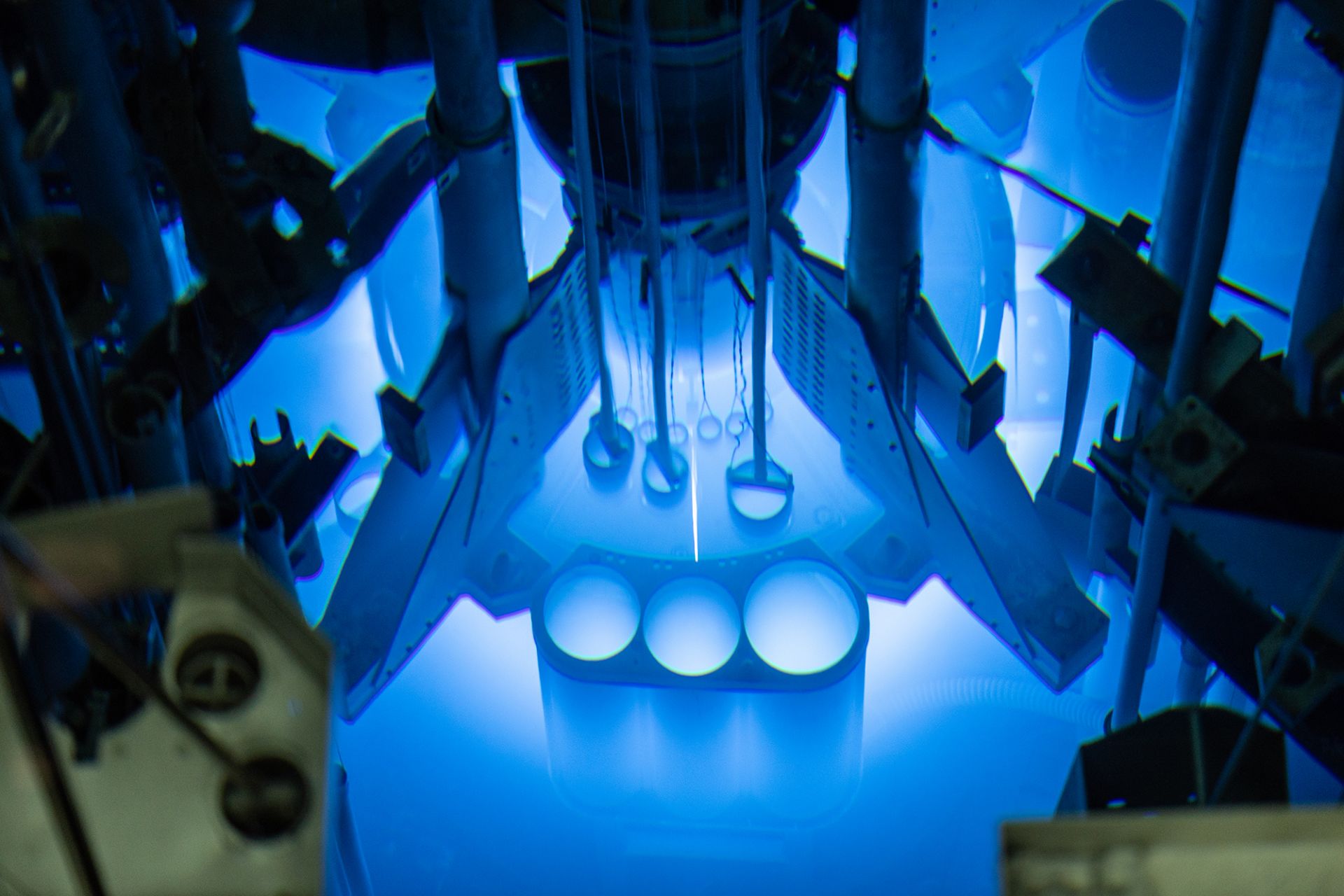
 One of the biggest challenges in the nuclear community identified by ANS in 2017 is the continuous availability of radioisotopes. Working to meet that challenge is the ANS-led Source Security Working Group (SSWG), an alliance of industry sectors—including energy, health care, and industrial radiography—that seeks to ensure continued access to radiological sources. The SSWG serves as a strong voice to protect the continued availability of radiological sources, ensuring that laws and policies are risk informed, science based, and support the highest levels of public health and safety.
One of the biggest challenges in the nuclear community identified by ANS in 2017 is the continuous availability of radioisotopes. Working to meet that challenge is the ANS-led Source Security Working Group (SSWG), an alliance of industry sectors—including energy, health care, and industrial radiography—that seeks to ensure continued access to radiological sources. The SSWG serves as a strong voice to protect the continued availability of radiological sources, ensuring that laws and policies are risk informed, science based, and support the highest levels of public health and safety. 